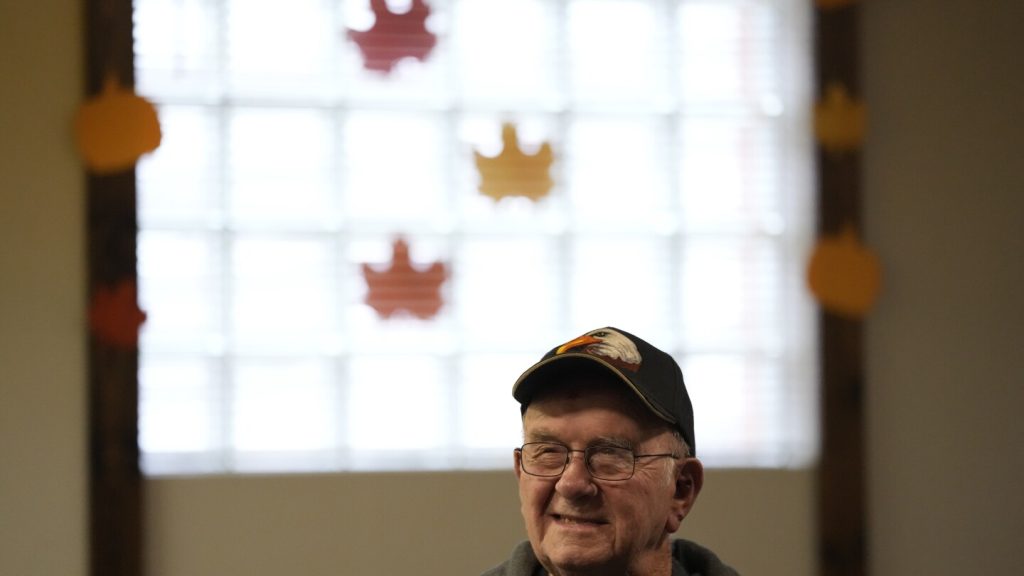A Korean War veteran from Minnesota, Earl Meyer, has finally received his Purple Heart medal after 73 years. Meyer, now 96 years old, still carries shrapnel in his leg from when he was wounded in combat. The decision to grant him the Purple Heart came after a campaign by his daughters, attorney, and U.S. Sen. Amy Klobuchar of Minnesota. Despite initial rejections due to a lack of paperwork, the Army’s top noncommissioned officer took an interest in the case after a review was ordered by U.S. District Judge John Tunheim this year.
Meyer’s case sheds light on the struggles that wounded veterans face in receiving the medals they’ve earned, especially when the passage of time and lack of records make it challenging to produce proof. Klobuchar praised Meyer for putting his life on the line in defense of freedoms and expressed gratitude for his service. Meyer, who was wounded in a mortar attack during the Korean War, was initially unaware of his injuries and believes the medic who treated him was killed before filing the necessary paperwork for a medal.
Despite the challenges, Meyer finished his tour guarding prisoners of war and was honorably discharged in 1952. His previous decorations included the Combat Infantryman Badge and the Congressional Gold Medal for his service in the Merchant Marine in World War II. Meyer continues to live an active life, which includes meeting fellow veterans for coffee at his local American Legion post. While Meyer rarely spoke about his experiences during the war when he was younger, he eventually opened up to his daughters in the past decade, leading to their efforts to pursue a Purple Heart for him in the past eight to nine years.
After the Army initially denied Meyer’s applications for the Purple Heart due to insufficient documentation, Klobuchar’s office assisted him in obtaining additional records. An Army review board recently concluded that new evidence established beyond reasonable doubt that Meyer was wounded in action in 1951. Records from the Department of Veterans Affairs and a memo from Sgt. Maj. of the Army Michael Weimer supported Meyer’s account and the necessity for a review of his medal request. Meyer’s attorney, Alan Anderson, emphasized the importance of remembering veterans’ sacrifices and honoring their service, especially for those who didn’t make it back from combat. Plans are now in place for a presentation ceremony in the near future to officially award Meyer his long-delayed Purple Heart.


